Lessons in grief will have 'positive impact'
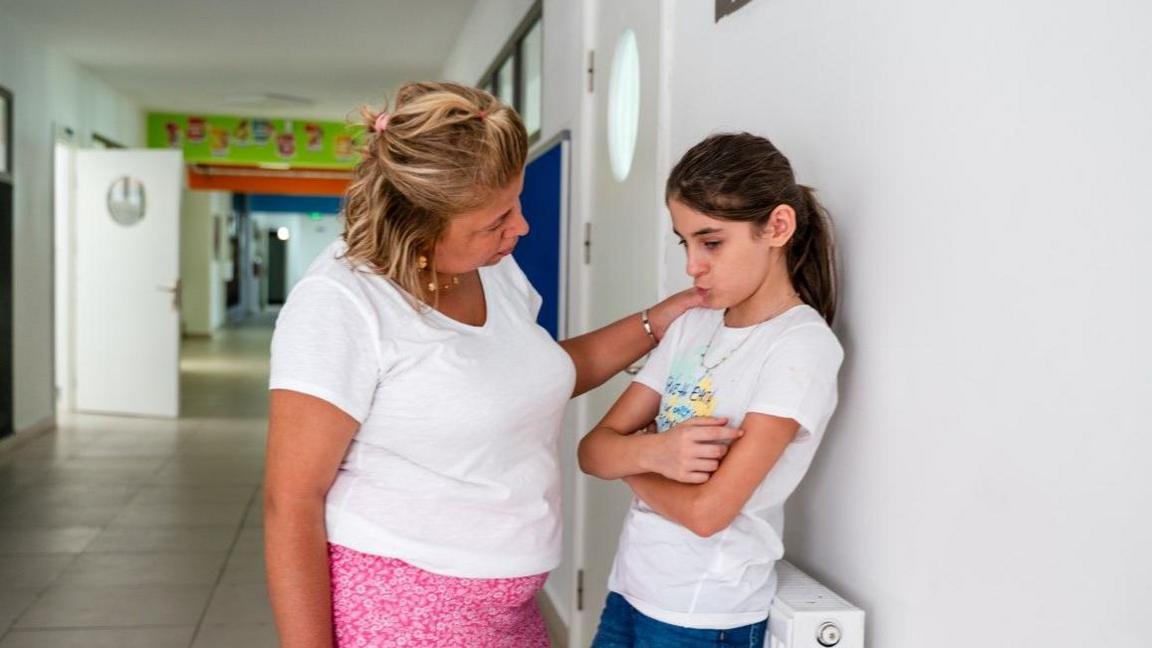
UK primary school pupils will be taught about coping with bereavement from September 2026
- Published
Adding bereavement education to primary school curriculums has been hailed as an important change that could bring long-term societal benefits.
An update to government guidance on relationships, sex and health education (RSHE) has advised that from September 2026 children should be taught about dealing with death before leaving primary school.
The guidance says pupils should be reassured that "grief is a natural response to bereavement" and that "everyone grieves differently".
Simon Wright, chief executive of Norfolk-based bereavement charity Nelson's Journey, said: "We know that unsupported grief for children can have quite devastating consequences that can stick with children for some time."
The RSHE change formalises an issue which is already addressed by some schools, with Nelson's Journey among the organisations to offer training for teachers and other professionals.
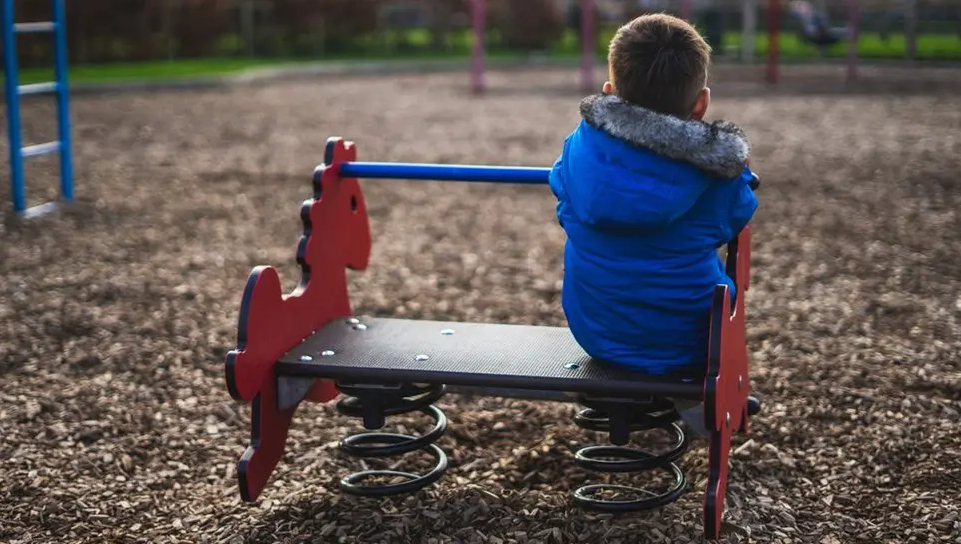
Children should be taught about bereavement before leaving primary school, the guidance says
Mr Wright said his staff were "very pleased" about the addition as many people do not realise how prevalent the issue is.
He said that research showed one in 29 school age children experienced the death of a sibling or parent and that the Little Plumstead-based charity received around 700 referrals for young people every year.
Mr Wright, the former MP for Norwich South, continued: "Developing that understanding of grief for all young people is incredibly important, both for those young people who have experienced death but also for all children to understand their relationship with others who may be grieving.
"So we feel this is an announcement that could have a really positive impact.
"Some schools in Norfolk already do include discussions about death and we're always really keen to talk to teachers who do that and discuss the approaches they can take with different aged children."
'Children are inquisitive'
Jay Harrison works as part of the bereavement service offered by the mental health charity Norfolk and Waveney Mind - and has also praised the change as positive news.
"Kids are cleverer than we give them credit for," said Mr Harrison. "They are inquisitive, so they are going to have questions about what happens.
"I think it's our duty as adults and responsible people who are maybe a little bit more in touch with our emotions and our feelings, to be able to impart that knowledge on young people and realistically create a more resilient community moving forward."
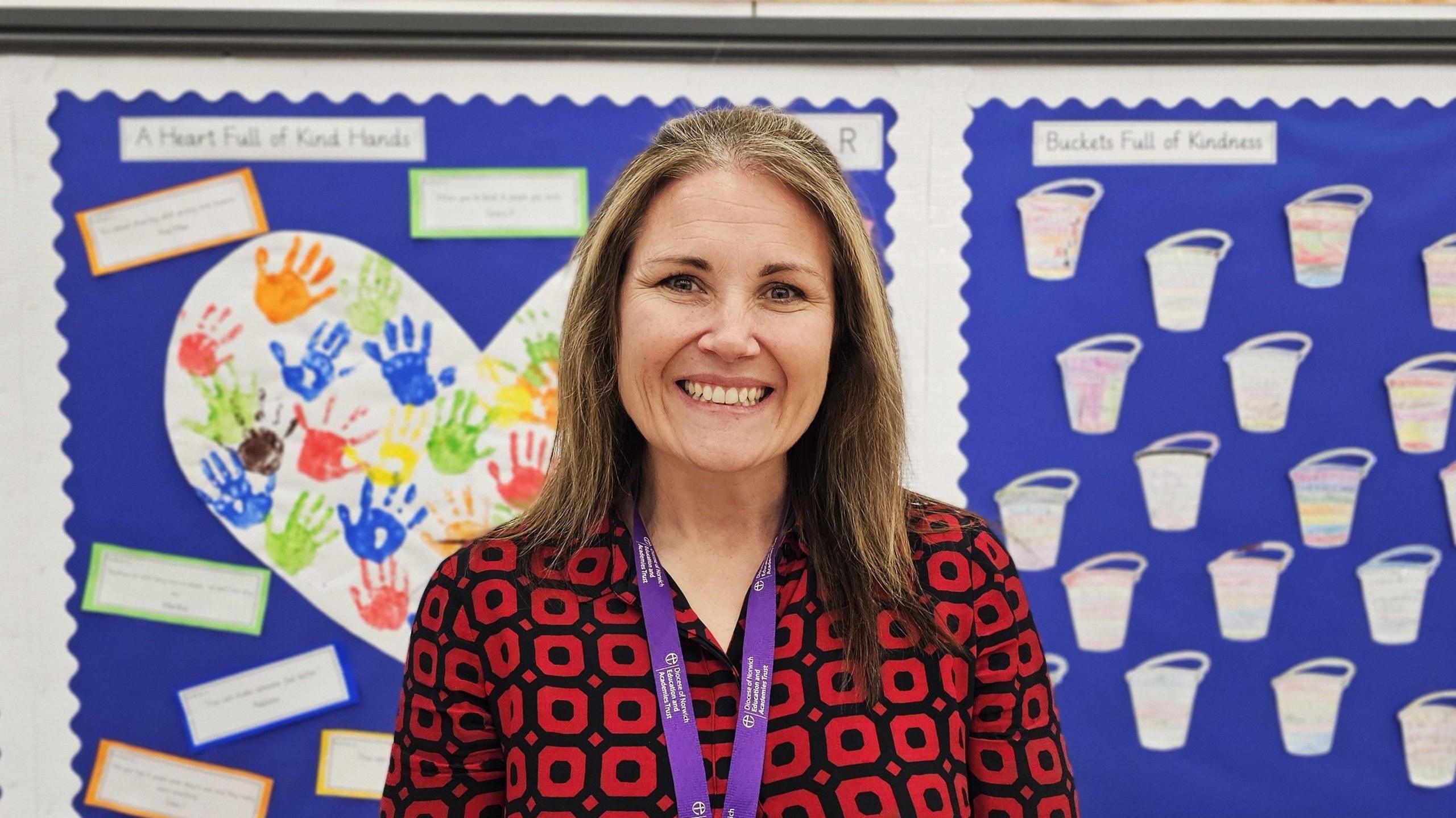
Shannon O'Sullivan is the headteacher of Thomas Bullock Primary School in Shipdham, Norfolk
Shannon O'Sullivan, headteacher at Thomas Bullock Primary School in Shipdham, has also welcomed the addition from the Department for Education.
Speaking to BBC Radio Norfolk, she said: "Preparing children for these real-life events and normalising that we have an emotional response to loss will really help children to understand that feeling worried or low is normal and doesn't automatically mean that there are wider issues.
"We as adults understand that grief is linear, it's a journey and we give ourselves time – and sometimes not enough time – to have those periods of emotions.
"So teaching children that it is okay to express yourself and teaching them the language around that is going to be the building of understanding that helps them to have those emotions."
What is sudden branch drop and should we worry?
Get in touch
Do you have a story suggestion for Norfolk?
Follow Norfolk news on BBC Sounds, Facebook, external, Instagram, external and X, external.
Related topics
Related stories
- Published28 February 2024
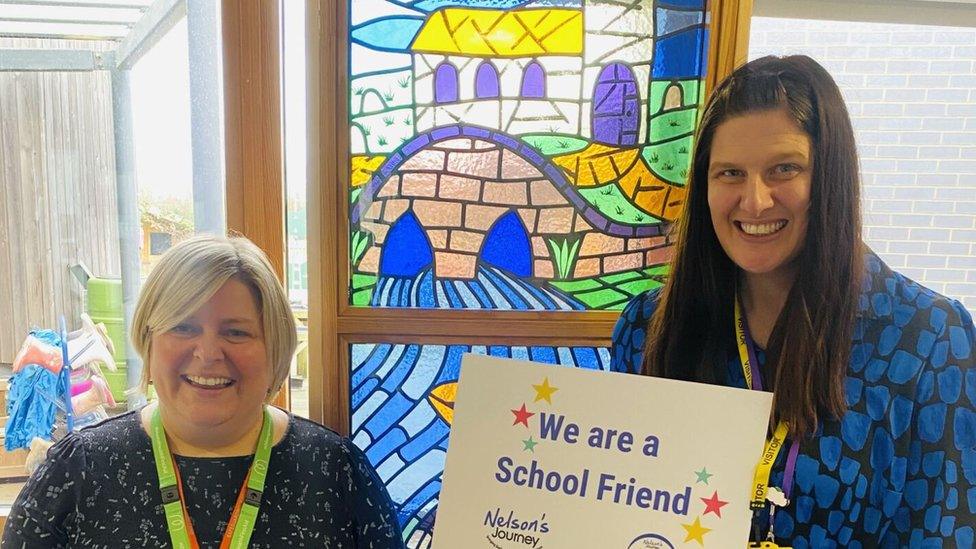
- Published11 February 2024
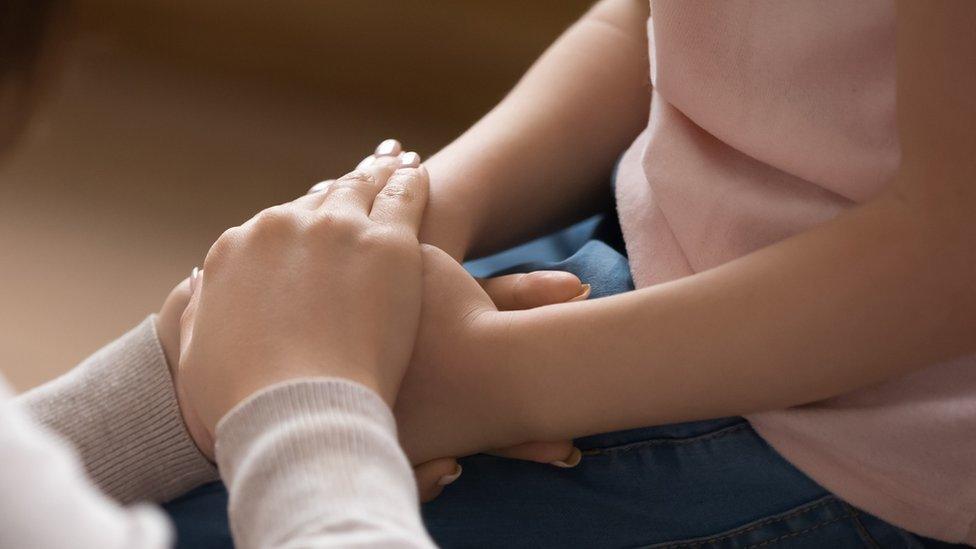
- Published21 December 2024
